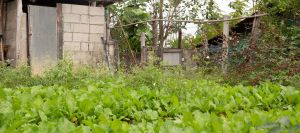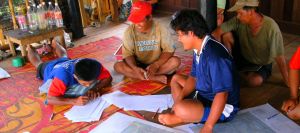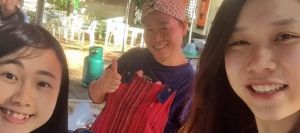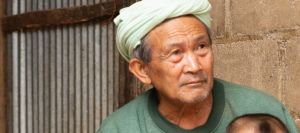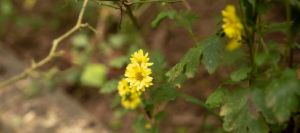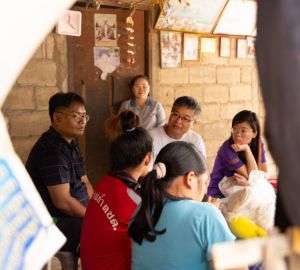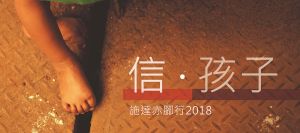
When Human Lives are Sold Online
Written by: Ness Ma (Communications Officer) ‘I used to live with my grandparents, my father and my three younger sisters.’ At an interview with CEDAR, Banya (pseudonym) sat on a wooden chair. With a microphone in his hand, he told us about his family members with shyness and purity in his eyes. He did not look any different to other children of his age. However, this ordinary child recounted his extraordinary experience a few moments later. ‘A year after I came to Chiang Mai, I was betrayed by a friend and fell into the hands of human traffickers. I was locked in a room, forced to prostitute, and beaten.’ Every year, children in different corners of the world


